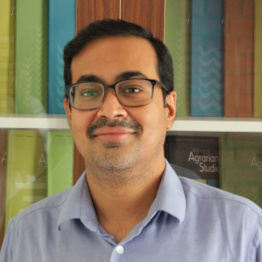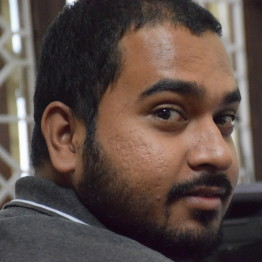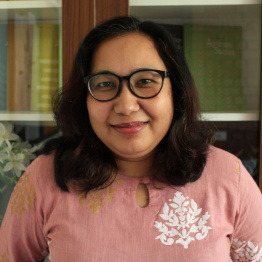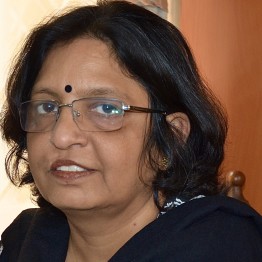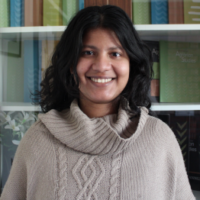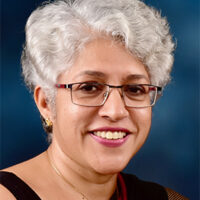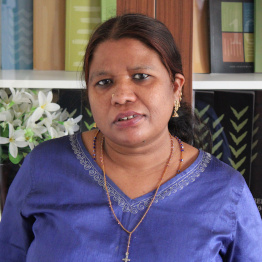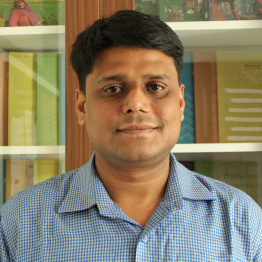Young Scholars’ Seminar 3: Conditions of Accumulation and Survival: Development of Capitalism in Agriculture of West Bengal
The third session of the FAS Young Scholars’ Online Seminar Series 2022-23 featuring Raya Das, Fellow, Indian Council for Research on International Economic Relations held on June 30, 2022, was attended by over 40 researchers from across the world.
Raya has recently submitted her PhD at the Jawaharlal Nehru University, Delhi.
She spoke about her research on “Conditions of Accumulation and Survival: Development of Capitalism in Agriculture of West Bengal.”
About 96 per cent of West Bengal’s farmers are marginal and small farmers with average landholding size of 0.77 hectares comprising 7.12 million agricultural households (Agriculture Census, 2015). The agrarian growth of 1980s after the institutional reform in the state ushered immense hope for the agricultural development of the state based on small farm agriculture.
However, the growth did not trickle-down on all classes of peasantry; the land reform could not substantially alter the class and caste structure of the rural society. Raya’s study shows that capitalist development in agriculture do not impact all the farmers in a similar manner and that the bargaining position and reproduction in capitalist economy depends on the control over means of production by different class groups.
As part of her research, Raya had surveyed three villages, namely Krishnapur, Gopinathpur and Sarpalehana, from the Gangetic Alluvial, Vindhya Alluvial, and the undulating red and laterite zones of West Bengal respectively. During the seminar, she elaborated the class analysis of the households of these three villages that she had surveyed. Using criteria such as land ownership, labour exploitation ratio and land relation index she classified the sample households into non-cultivator agricultural households and peasants.
She found that there was a large number of fixed tenants in her survey villages and that it indicates the importance of land as a source of livelihood for a large section of agricultural households. She further spoke about the accumulation strategies of rich farmers who invested in irrigation and education of children, and had major incomes from non-farm activities. On the other hand, the economic squeeze of marginal section of peasantry is pushing them to diversify livelihood.
The session was Chaired by Barbara Harriss-White, Emeritus Professor of Development Studies, University of Oxford, and Aparajita Bakshi, Associate Professor, R V Univeristy, Bengaluru, acted as the discussant.
A Q&A session, moderated by the Chair, followed the presentation.
A recording of this session will be available on our YouTube channel in the near future.
Fourth seminar of the series will feature Dr. Aritri Chakravarty, Assistant Professor, Dr. B.R. Ambedkar School of Economics University, Bengaluru. She will speak about the “Impact of Information on Technical Efficiency of Agricultural Production in India.”
For more details, contact us at events[at]fas[dot]org[dot]in.



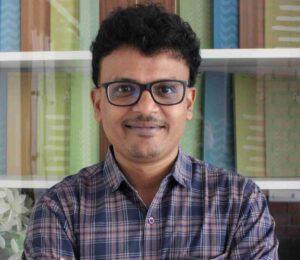
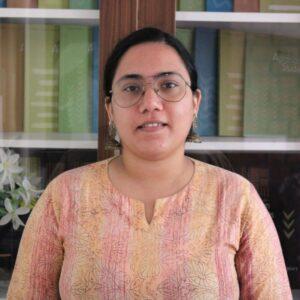






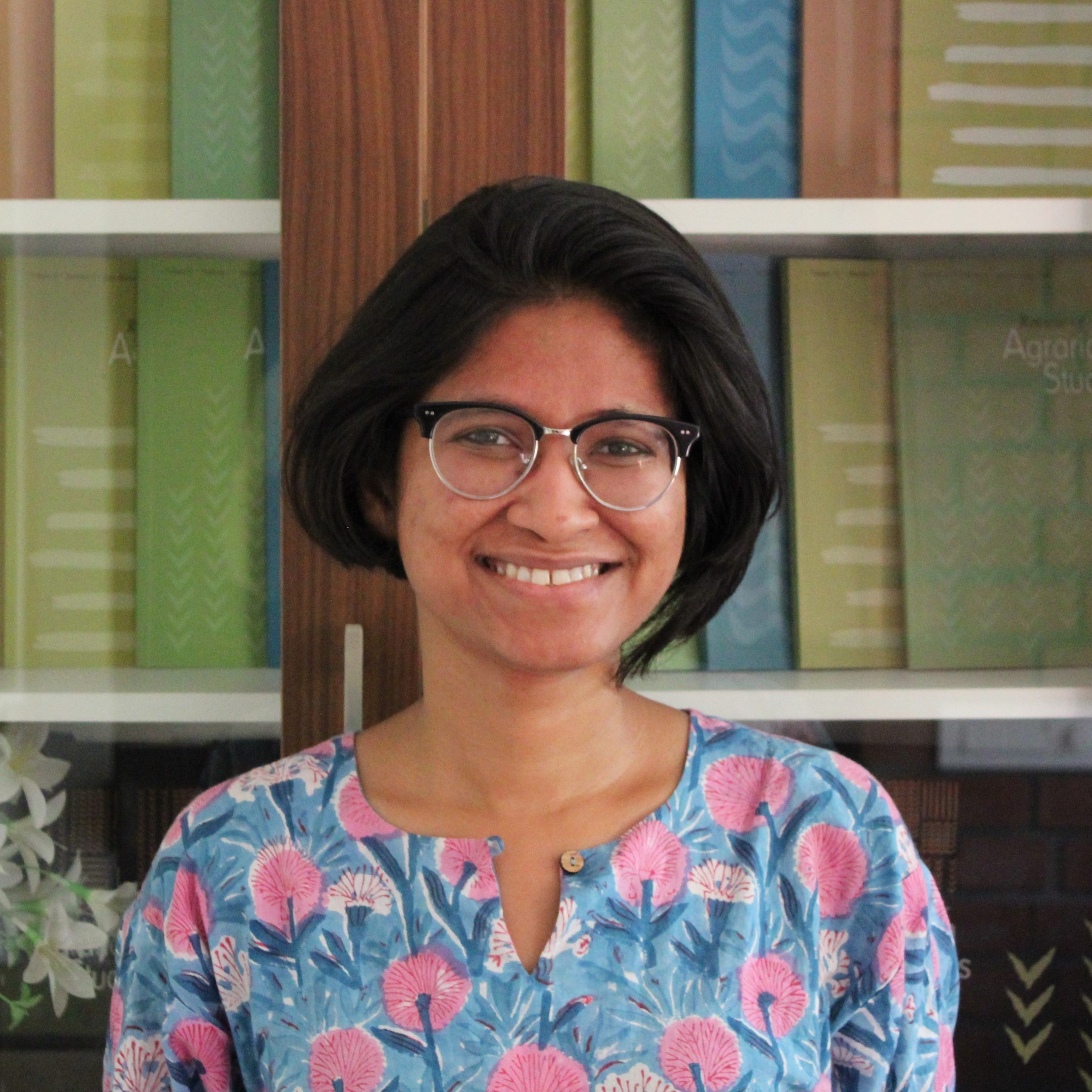


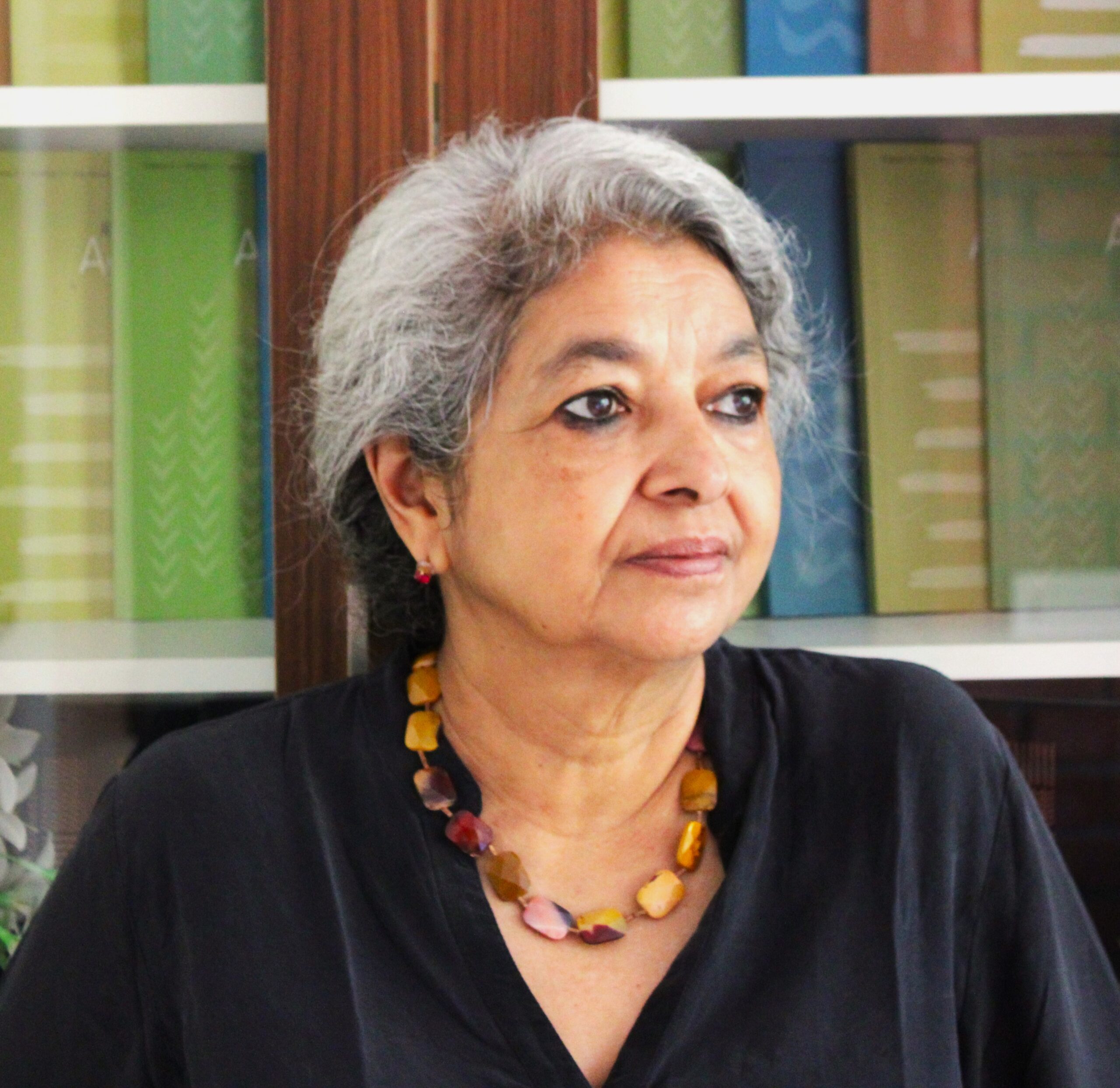

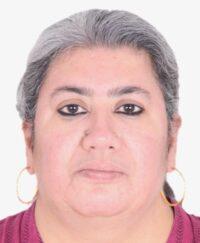






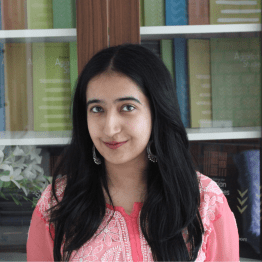
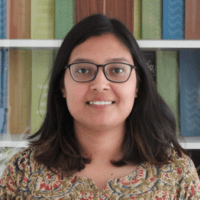
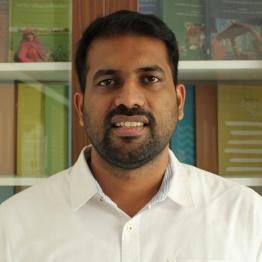


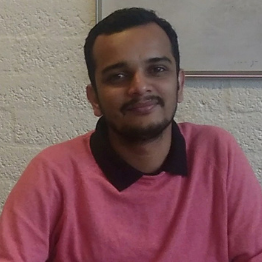




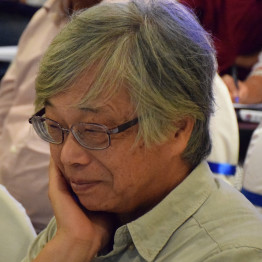
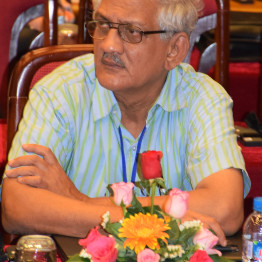
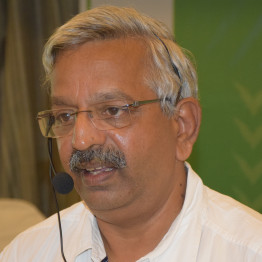

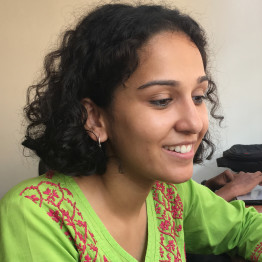
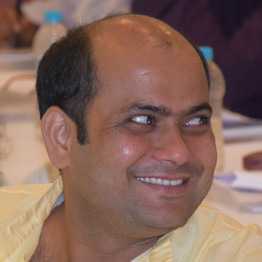

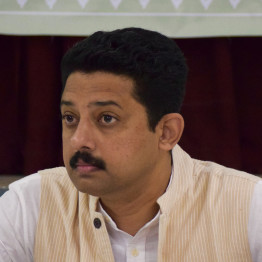


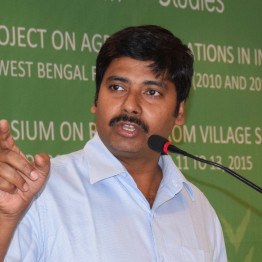




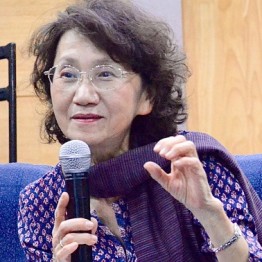




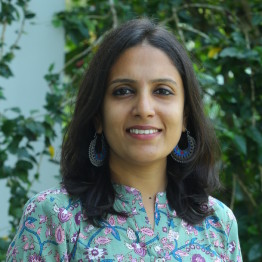
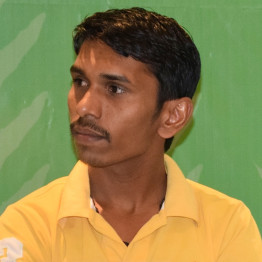
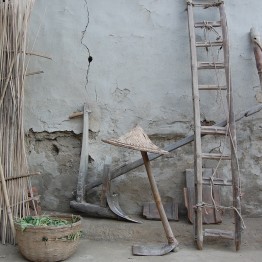
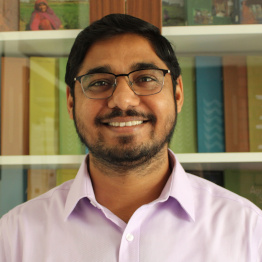
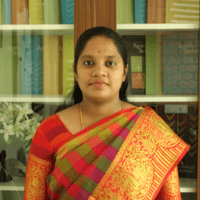 Sudha is an Administrative Assistant of the Foundation. She assists the administrative division of the Foundation and also has taken part in fieldwork organised by the Foundation.
Sudha is an Administrative Assistant of the Foundation. She assists the administrative division of the Foundation and also has taken part in fieldwork organised by the Foundation.


